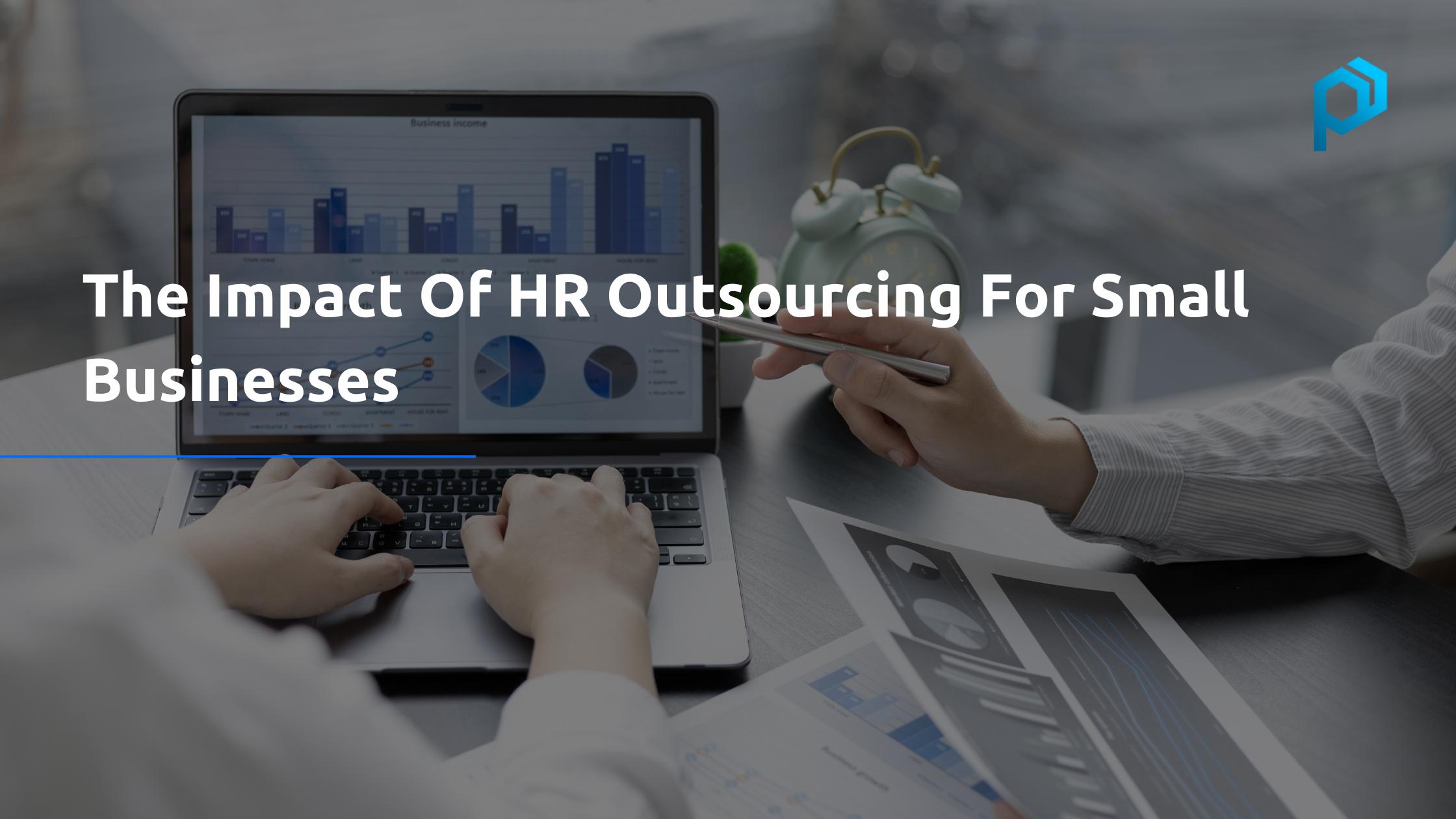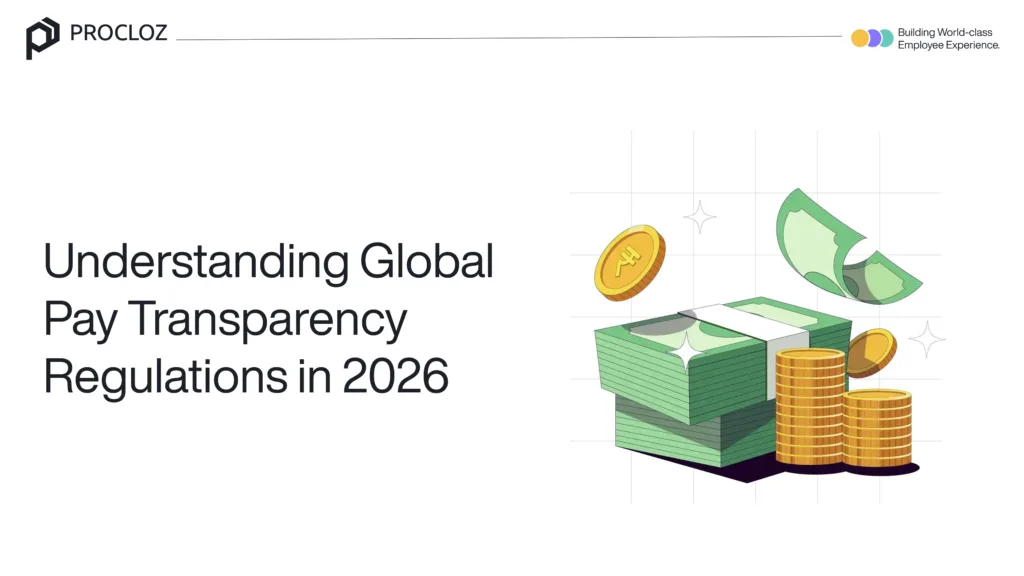DHR outsourcing is quickly becoming a game-changer for small businesses in the U.S. Whether you’re scaling up, hiring remotely, or just tired of juggling compliance and admin, outsourcing HR can save time, reduce legal risk, and help you grow without the internal chaos.
In this blog, we’ll break down if now is the right time to make the shift and how to do it in a way that actually moves your business forward.
What Makes HR So Overwhelming for Small Businesses?
If you’re a founder, owner, or operator, you’re probably wearing more hats than you’d like, CEO one minute, HR manager the next.
The truth? HR is no longer just about hiring and paperwork. Today, small businesses are expected to:
- Stay compliant with state and federal labor laws.
- Offer competitive benefits and handle enrollment.
- Maintain accurate payroll and tax filings.
- Navigate employee disputes and terminations.
- Onboard remote hires across multiple states.
That’s a lot to ask from one person (or even a small internal team). And when HR tasks pile up, something else usually suffers: your time, your people, or your compliance. None of those are good options.
What Exactly Is HR Outsourcing for Small Businesses?
HR outsourcing means handing off some (or all) of your HR responsibilities to a trusted external provider. And no it doesn’t mean giving up control of your team or culture.
Think of it like bringing in a partner who handles the complex, time-consuming stuff behind the scenes while you stay focused on leading your business.
Some common outsourced HR functions include:
- Payroll and tax filings
- Employee benefits administration
- Compliance with labor laws and audits
- Hiring paperwork and background checks
- Employee handbooks, onboarding, and terminations
In short: the things that keep you up at night someone else handles them with confidence and precision.
What Are the Real Advantages of HR Outsourcing for Small Businesses?
The advantages of outsourcing HR functions for small businesses go beyond saving a few hours a week. The right provider can fundamentally improve how your business operates.
Here’s how:
- Lower overhead costs: No need to hire full-time HR staff for every function.
- Stronger compliance: Experts stay on top of ever-changing regulations.
- Faster hiring and onboarding: Especially if you’re growing or hiring remotely.
- Access to real HR expertise: Without needing to recruit for it internally.
- More time for your core work: Less admin, more impact.
This is especially helpful for companies expanding into new states or going remote where rules and expectations can change quickly.
What Concerns Do Small Business Owners Have About HR Outsourcing?
We understand that outsourcing any part of your business can feel like a leap. Here are a few common concerns and the reality behind them:
- “I’ll lose control over how my team is managed.”
Actually, outsourcing gives you more control. You set the policies; your provider ensures they’re implemented consistently and compliantly. - “It’s only for big companies.”
Not anymore. Many small businesses utilize outsourced HR as a stepping stone toward structured growth, without the need to hire five people. - “I can’t trust someone outside the company with sensitive info.”
Reputable HR providers use secure platforms, encrypted payroll systems, and strict data policies often more secure than what’s built in-house.
If you choose the right partner, you gain efficiency and peace of mind, not distance from your team.
How Do You Know It’s Time to Outsource HR?
Here’s a quick gut check. If you’re facing two or more of these, it’s probably time:
- You’re spending more time on paperwork than growing your business.
- You’re unsure whether your current HR setup is legally compliant.
- You’ve made hiring or payroll mistakes recently.
- You’re expanding into new states or remote hiring.
- HR tasks are eating into your weekends.
Sound familiar? Then you’re not alone, and you’re not stuck.
How Procloz Supports Small Businesses With Smart HR Outsourcing
At Procloz, we help small and growing businesses across the U.S. simplify their HR so they can stay lean, move fast, and stay compliant.
Here’s how we do it differently:
- Flexible, right-sized solutions: You only pay for what you need, no bloated packages.
- Multi-state and international readiness: With built-in global payroll and Employer of Record services.
- Dedicated support: Real people, real expertise, and responses you don’t have to chase.
- Built for growing teams: Whether you’re 5 people or 50, we scale with you.
From payroll headaches to onboarding your next remote hire, we’ve got you covered with tech + human support that fits your business goals.
Thinking of outsourcing HR for your small business? Let’s talk about how Procloz can help you run leaner, faster, and more confidently.
Frequently Asked Questions: HR Outsourcing for Small Businesses Edition
1. Is HR outsourcing affordable for small businesses?
Yes. Rather than having an entire in-house HR department, outsourcing offers access to payroll, compliance, and HR talent at a fraction of the expense. Providers such as Procloz customize services so you are only paying for what you require.
2. What are some ways outsourcing HR assists with compliance?
Outsourcing partners remain current on labor laws, tax regulations, and reporting requirements. In the US, federal, state, and industry compliance is included, minimizing risk for small firms.
3. What’s the future of HR outsourcing in 2025?
The future of HR is both automation and human skills. Outsourcing partners leverage AI-powered helpdesks, predictive analytics, and global employer of record solutions to make HR strategic — not simply administrative.




